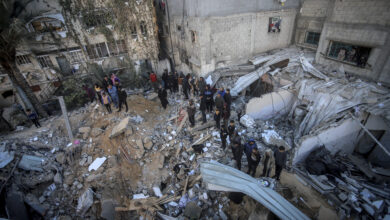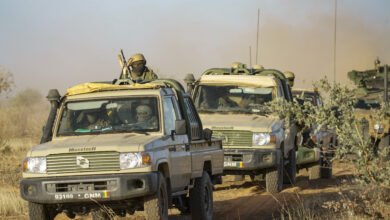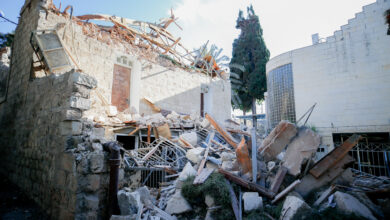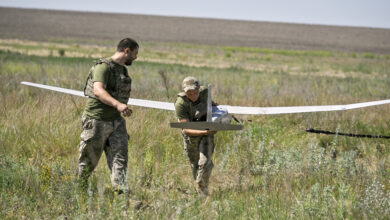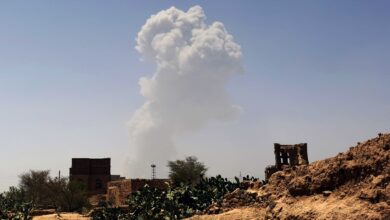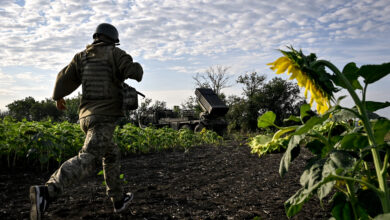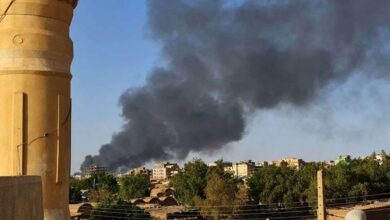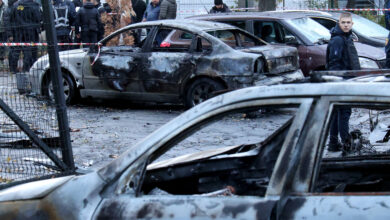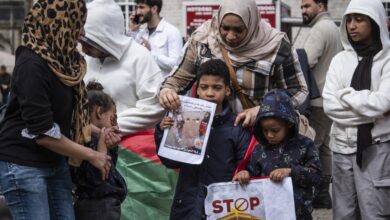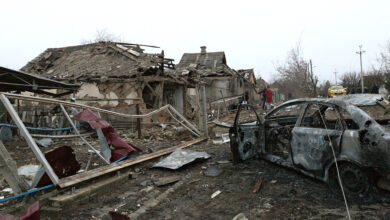Yemen Government ‘Determined’ to Renew Truce With Houthis: FM
Yemen’s government wants to renew a ceasefire with Houthi rebels and will not escalate the conflict, its foreign minister said Wednesday, as a US envoy voiced guarded hope despite the lapse in the six-month truce.
“We are determined to renew the ceasefire and address all problems through dialogue,” Foreign Minister Ahmed bin Mubarak said during a visit to Morocco.
The UN-brokered ceasefire, which was in effect since April but expired Sunday, had brought a sharp reduction in hostilities and facilitated moves to alleviate the dire humanitarian situation in the country, according to aid agencies.
Some 80 percent of the population rely on aid after eight years of war.
Bin Mubarak said the government wanted to preserve those gains.
“We have not made any escalatory moves, despite the Houthis announcing that the Red Sea is a military zone and directly threatening ships,” he said.
The US special envoy on Yemen, Tim Lenderking, said that the “key elements of the truce continue to hold,” including low levels of violence and movement of ships and civilian planes.
He said that talks on a truce extension broke down over Houthi “maximalist” demands that their own security personnel receives priority in payment of salaries.
“This essentially hijacked the discussion and it created a threshold that was simply too hard for the other side to contemplate and was entirely unreasonable. And I think some Houthi leaders understand this,” Lenderking told reporters.
“I think if we see more flexibility from the Houthi side going forward, then this opens the road, I think, to this much better peace option,” he said.
Lenderking said that Saudi Arabia, which has waged a military campaign in support of the government, backed the truce.
He also said that “private messaging” from Iranian leaders, who back the Houthis and have no diplomatic relations with the United States, indicates “they favor and embrace a political solution” and he was not aware of changes due to protests inside Iran.
Fighting between the Houthis and pro-government forces began in 2014, and escalated the following year when a Saudi-led military coalition intervened in support of the loyalists.
The war has killed hundreds of thousands of people, directly and indirectly, and created the world’s worst humanitarian crisis, according to the United Nations.
The initial two-month ceasefire, twice renewed, had led to a 60 percent reduction in casualties and allowed fuel imports into the Houthi-held port of Hodeida to quadruple, humanitarian groups said.
UN envoy Hans Grundberg had proposed an extension that would include further measures such as allowing more fuel ships into Hodeida and paying public sector salaries.



